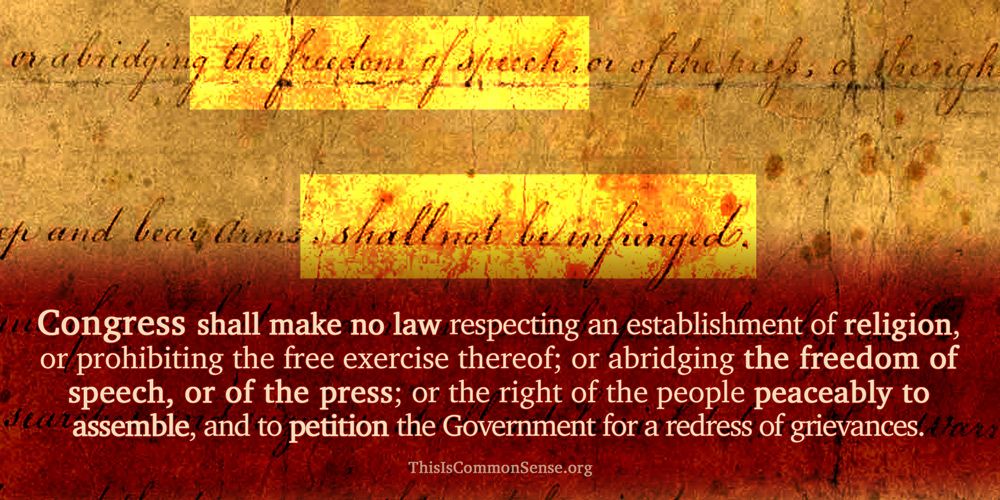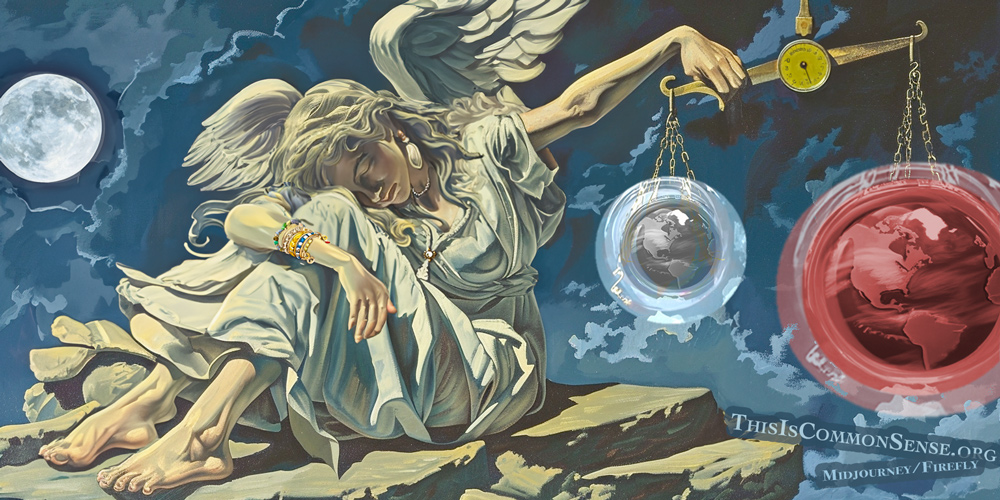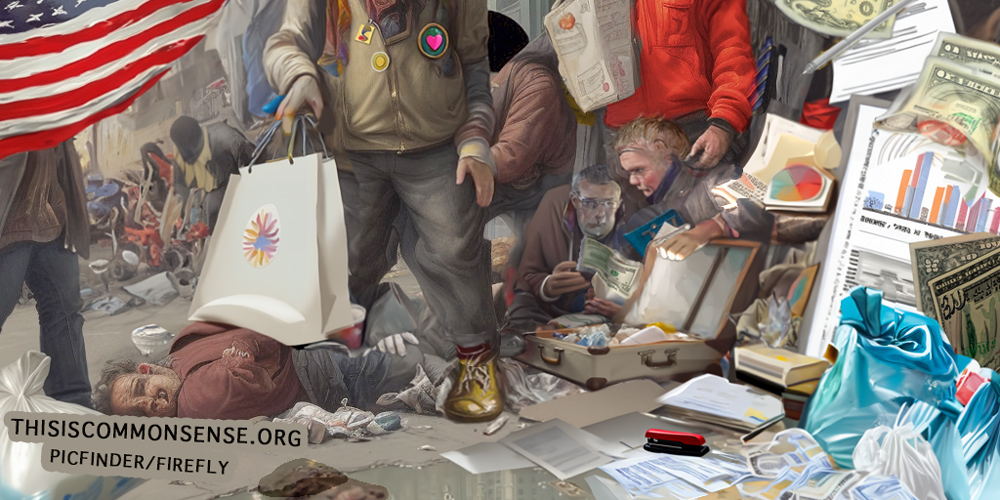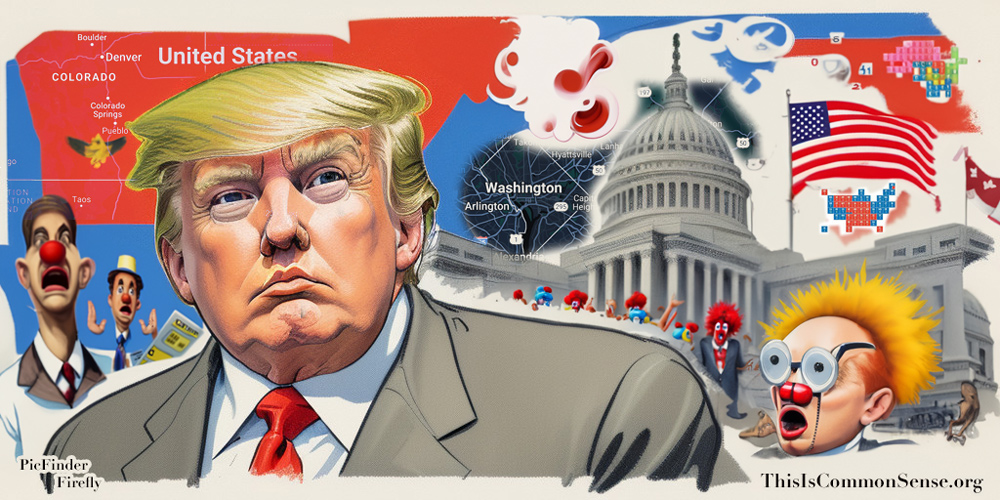The attorneys general of a few states, a few activist groups, and a few congressmen have acted to bring to light a mass of eyewitness and documentary evidence that the federal government has been working hard, behind the scenes, to censor our speech.
The guilty parties have been caught red-handed.
Now that the matter is before the U.S. Supreme Court, reports on oral arguments suggest that not every justice is as acquainted with the point of the Bill of Rights as we’d like.
Its function is to stop government from doing various rights-violating things at will. But Justice Ketanji says: “Your view has the First Amendment hamstringing the government in significant ways in most important
Justice Kagan, chiming in: “I’m really worried
Tyrants worry about having too little flexibility to stomp our speech “in most important time periods,” prevention of which stomping is the very purpose of the First Amendment.
We, for our part, worry about having our
Some of the justices also seem not to grasp that when government officials contact you and ask you to do this and that, no overt threats are necessary for officials to rely on the threat of governmental power.
The bossing is not always subtle, though. Perusing the evidence, Justice Alito says he couldn’t imagine officials “taking that approach to the print media.” The federal speech police treat “Facebook and these other platforms like they’re subordinates.”
Are they?
This is Common Sense. I’m Paul Jacob.
Illustration created with Firefly
—
See all recent commentary
(simplified and organized)





